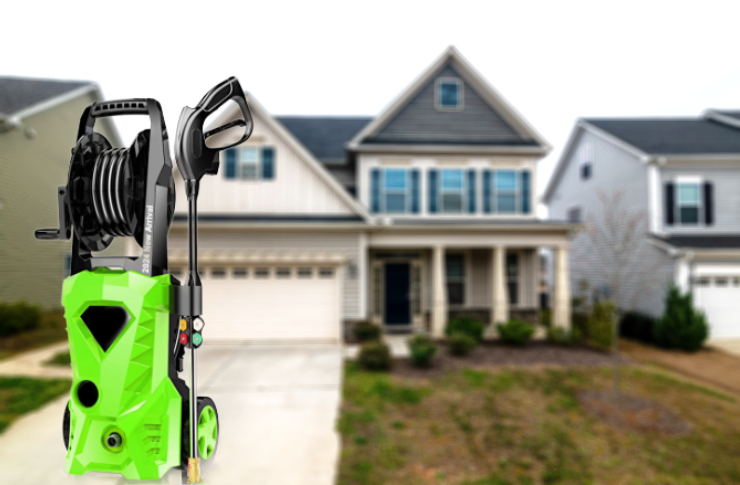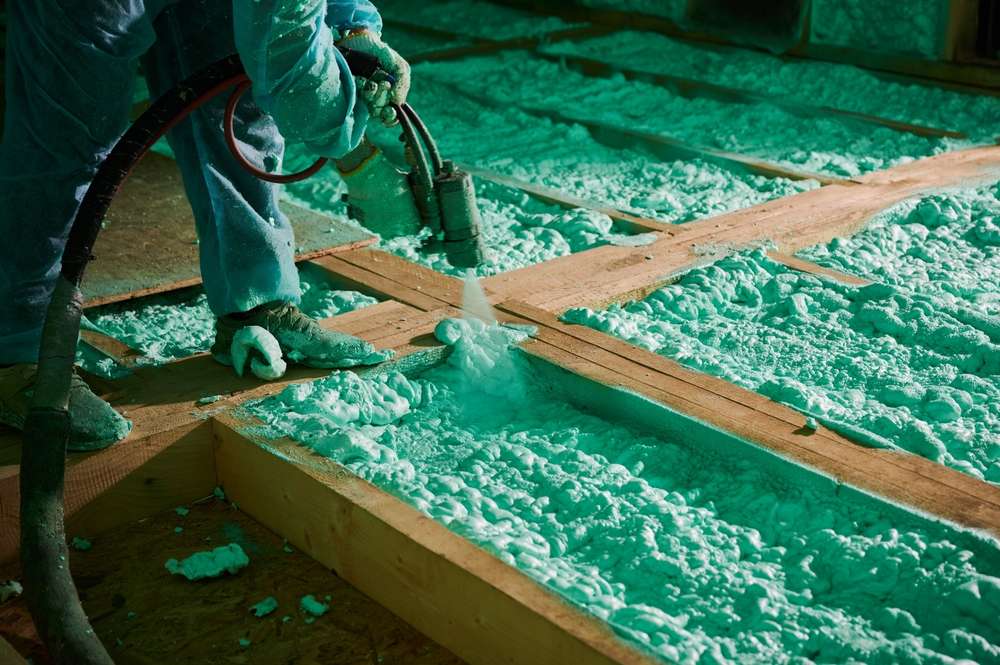Understanding Resin Outdoor Flooring: A Guide for UK Properties
Resin outdoor flooring has become increasingly prevalent in UK homes and gardens, offering a durable and versatile solution for various exterior spaces. This surfacing option combines aesthetic appeal with practical benefits, making it suitable for driveways, patios, garden paths, and other outdoor areas. Understanding the key aspects of resin flooring helps property owners make informed decisions about this installation option.

What Makes Resin Flooring Suitable for UK Outdoor Spaces?
Resin flooring systems are specifically designed to withstand British weather conditions, combining durability with slip resistance. The material consists of a two-part system - resin and hardener - that creates a strong, permeable surface when mixed and applied correctly. This permeability helps manage rainfall effectively, reducing puddle formation and meeting sustainable urban drainage system (SUDS) requirements common in UK planning regulations.
How Does Resin Flooring Perform in British Weather?
The UK’s variable climate demands outdoor flooring that can withstand frequent rain, occasional freezing temperatures, and UV exposure. Quality resin systems incorporate UV-stable components that prevent yellowing and degradation from sunlight. The material also maintains its structural integrity through freeze-thaw cycles, while its textured surface provides reliable grip in wet conditions.
What Installation Process Ensures Long-Term Durability?
Professional installation of resin flooring involves several critical steps. The process begins with thorough sub-base preparation, ensuring proper drainage and stability. A primer layer is applied before the main resin coating, which typically consists of aggregate mixed with either polyurethane or epoxy resin. The installation requires specific temperature and weather conditions, typically between 5°C and 25°C, with no rain forecast for at least 24 hours.
How Should Resin Surfaces Be Maintained?
Maintaining resin flooring involves regular cleaning to prevent dirt accumulation and maintain its appearance. Simple maintenance includes:
-
Regular sweeping to remove debris
-
Periodic pressure washing at medium settings
-
Prompt cleaning of oil or chemical spills
-
Annual inspection for any damage or wear
-
Reapplication of surface sealant every 3-5 years as needed
What Environmental Considerations Apply to Resin Flooring?
Modern resin flooring systems offer several environmental benefits. Their permeable nature supports natural water drainage, reducing strain on local water management systems. Many manufacturers now produce eco-friendly resins with lower volatile organic compounds (VOCs) and use recycled materials in their aggregate mix. The longevity of properly installed resin surfaces also means less frequent replacement and reduced material waste.
What Are the Current Market Options and Costs?
| System Type | Average Cost per m² | Typical Lifespan |
|---|---|---|
| UV-Stable Polyurethane | £60-£85 | 15-20 years |
| Epoxy Resin | £45-£70 | 10-15 years |
| Hybrid Systems | £70-£95 | 15-25 years |
Prices, rates, or cost estimates mentioned in this article are based on the latest available information but may change over time. Independent research is advised before making financial decisions.
A well-designed resin flooring installation provides a practical, durable solution for outdoor spaces in UK properties. Success depends on proper material selection, professional installation, and regular maintenance, resulting in a surface that can withstand British weather conditions while maintaining its aesthetic appeal over many years.




